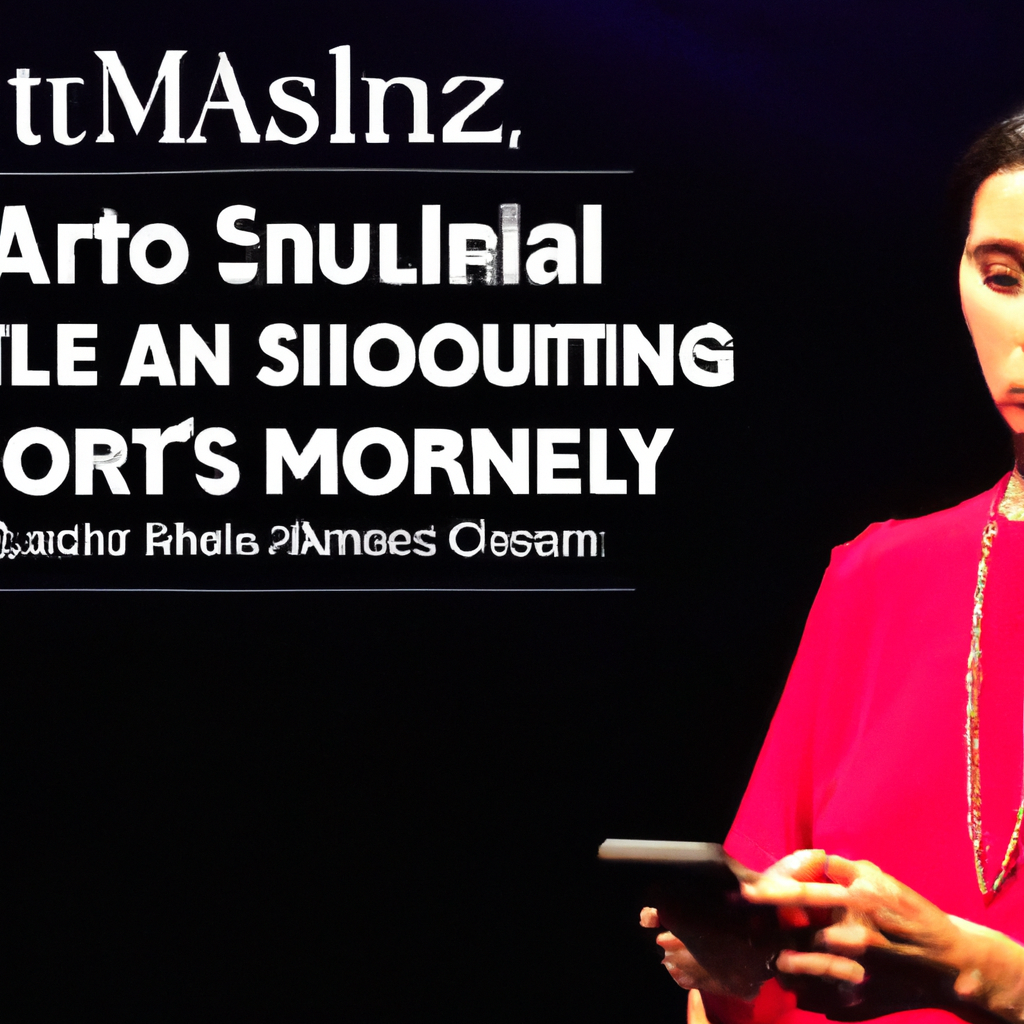In an era where the cacophony of global dissent seems to rise in crescendo, pioneering performance artist Marina Abramović plans to orchestrate a strikingly silent counterpoint at this year's Glastonbury Festival. Known for her raw, mesmerizing exhibitions that compellingly fuse the boundaries between audience and performer, Abramović proposes a new kind of engagement: silence. Her latest performance art piece titled "Stillness in Time" seeks to quiet the clamor of Glastonbury attendees for seven continuous minutes, marking what the artist refers to as a ‘Dark Moment’.
The endeavor is Abramović's response to what she perceives as a pervasive cycle of protest and counter-protest, a volleying of vehemence that merely breeds more of its kind. "Protest brings more protest; hate brings more hate," she declared in a statement that both challenges and invites reflection. Her vision for these seven minutes is a bold canvas of communal quietude, where stillness speaks louder than slogans and where silence can, perhaps, say more than shouts.
In a world brimming with unrelenting noise, the notion of silence as protest is as radical as it is resonant. Abramović's art has always pushed the boundaries of what is comfortable, familiar, or even acceptable. Her performances often require a reciprocal vulnerability from her audience, an unspoken contract of mutual engagement. Here, amid the verdant sprawl of one of the world’s most famous music festivals, she seeks to cultivate a moment of collective introspection, an interlude of serenity in the persistent symphony of discord.
Integrating performance art into a venue like Glastonbury—a hub for musical revelry and raucous festivity—throws into stark relief the powerful dynamism of stillness. Abramović’s "Stillness in Time" isn’t just a pause; it is an exploration of the texture of silence in a place pulsating with human energy. It challenges attendees to unite in a silent observance that reaches beyond the mere absence of sound, towards a shared experience of momentary peace and possible understanding.
The impact of these seven minutes will undoubtedly resonate beyond their temporal confines, weaving a narrative of silence as a profound act of communal resistance and a hopeful, humanistic tool against the machinery of perpetual protest. In the heart of Glastonbury, Abramović’s performance will stand as a solemn testament to the power of peace through stillness, echoing in the chambers of disrupted narratives and perhaps, inspiring a quieter kind of courage.

